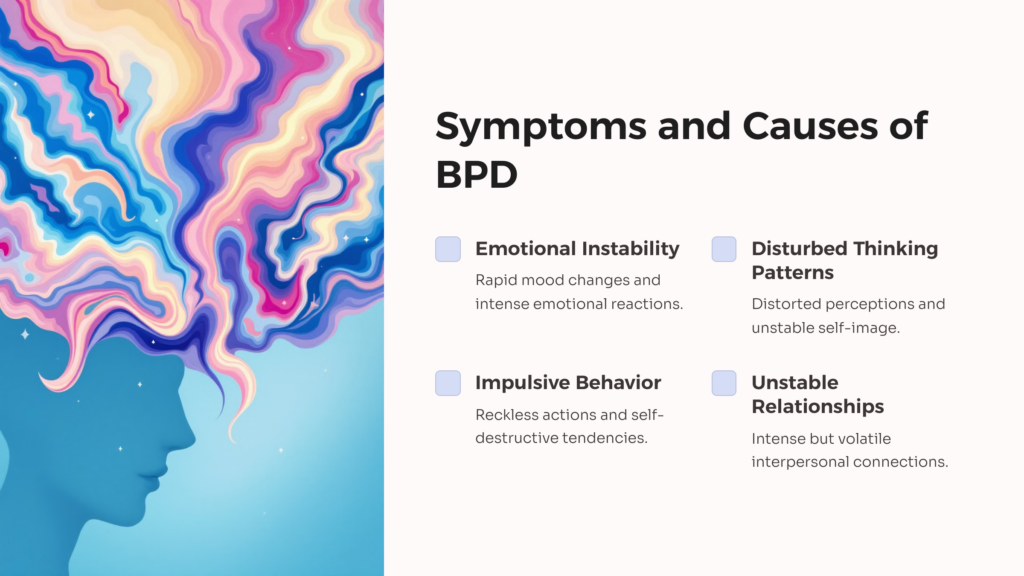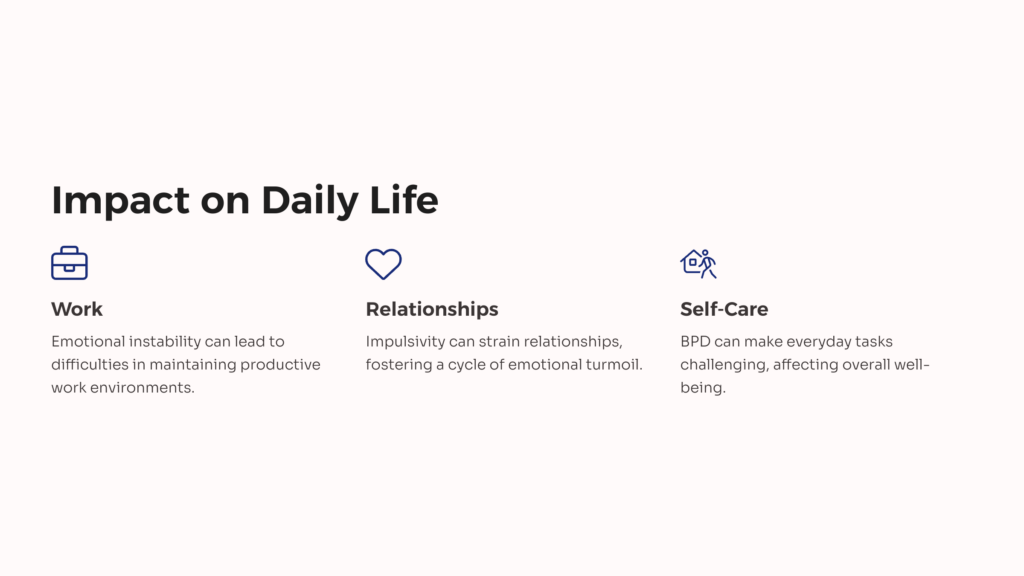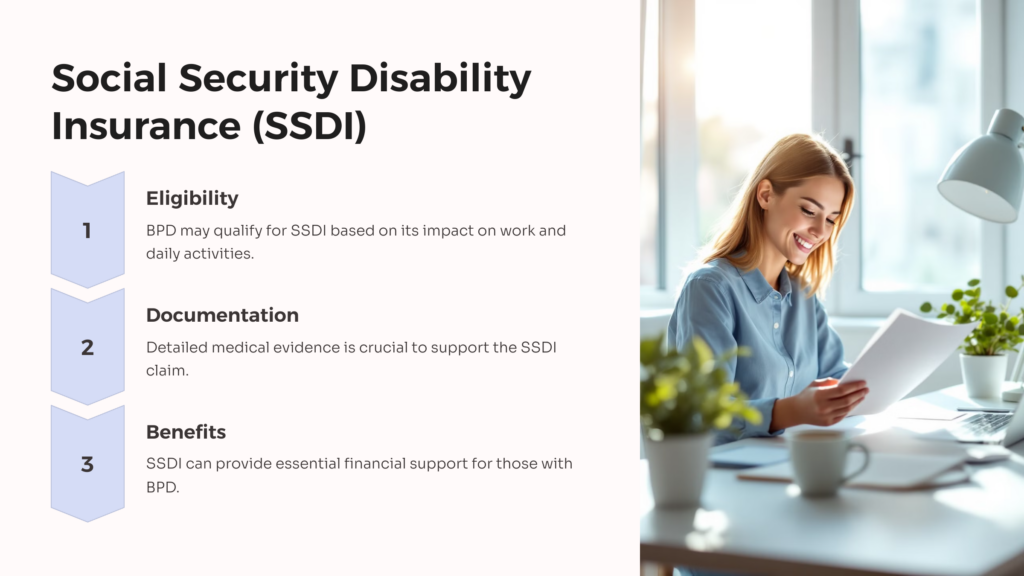As society continues to evolve, so does our understanding of mental health and the conditions that affect millions worldwide. One such condition gaining significant attention is Borderline Personality Disorder (BPD), affecting approximately 1.6% of the U.S. population. BPD is a significant global topic as it fosters insights into the complex nature of mental health and the diverse range of experiences they can engender. Known for severe mood swings, impulsivity, and unstable relationships, it has the potential to disrupt an individual’s life profoundly.
Understanding Borderline Personality Disorder

BPD often manifests through a series of common symptoms including emotional instability, disturbed patterns of thinking, impulsive behavior, and intense yet unstable relationships with others. The onset of this condition is usually rooted in genetic, familial, and social factors as well as traumatic life events, amplifying its complexity. Contrary to popular misconceptions, BPD is not a reflection of someone’s character but a genuine mental health condition that requires understanding and treatment. The stigma surrounding BPD needs dissipation, as it often leads to misconceptions, misinformation, and ultimately, a lack of proper care and support.
BPD in the Context of Disability
According to the Americans with Disabilities Act (ADA), a disability is any physical or mental impairment significantly affecting major life activities. BPD clearly falls within this definition due to the extensive implications it carries for an individual’s emotional health, interpersonal relationships, and everyday functioning. Identifying BPD as a long term disability aligns it with other recognized mental health conditions such as depression, anxiety disorders, and bipolar disorder, further stressing the importance of its recognition and understanding.
The Impact of BPD on Daily Life

BPD’s extensive impact on work, relationships, and self-care is well-documented. Emotional instability can lead to difficulties in maintaining productive work environments, while impulsivity can strain relationships, fostering a cycle of emotional turmoil. However, there are many individuals out there who, with the persistent and invisible struggle of this mental disorder, still manage to lead their lives under disruptive conditions.
Legal Protections for Individuals with BPD
The ADA protects individuals with disabilities, including mental illness. It ensures that employers accommodate these individuals, promoting an inclusive work environment. Such accommodations could include adjusted work schedules, quieter workspaces, and opportunities to work from home. By law, individuals suffering from a mental illness such as BPD are entitled to these adjustments, offering them an equal opportunity to participate in society.
Seeking Help and Treatment for BPD

BPD, like many other mental health conditions, can be managed and treated effectively. The primary treatment for BPD is psychotherapy, aiming to help individuals understand their condition, improve their emotional regulation and interpersonal skills, and ultimately lead a fulfilling life. Medications may also be prescribed to manage specific symptoms. Recovery is a long-term process, often requiring consistent therapy and mental health services’ support. Individuals with Borderline Personality Disorder (BPD) may be eligible for Social Security Disability Insurance (SSDI) based on the impact it has on their ability to work and perform daily activities. Meeting the criteria for Social Security disability benefits involves demonstrating how BPD significantly impairs major life activities, including work, relationships, and self-care. It is crucial to provide detailed medical documentation and evidence to support the claim for SSDI due to BPD. If your disability claim is done thoroughly, you can receive access to disability benefits that will be a pillar of support.
Conclusion
BPD clearly fits the legal definition of disability due to its pervasive and profound impact on an individual’s life. It is a complex and sometimes misunderstood condition that requires societal understanding, respect, and proper accommodations. Like any other recognized disability, individuals with BPD deserve dignity, respect, and the necessary supports to live fulfilling lives.
 AllVeteran.com Advisors
AllVeteran.com Advisors
With expertise spanning local, state, and federal benefit programs, our team is dedicated to guiding individuals towards the perfect program tailored to their unique circumstances.











